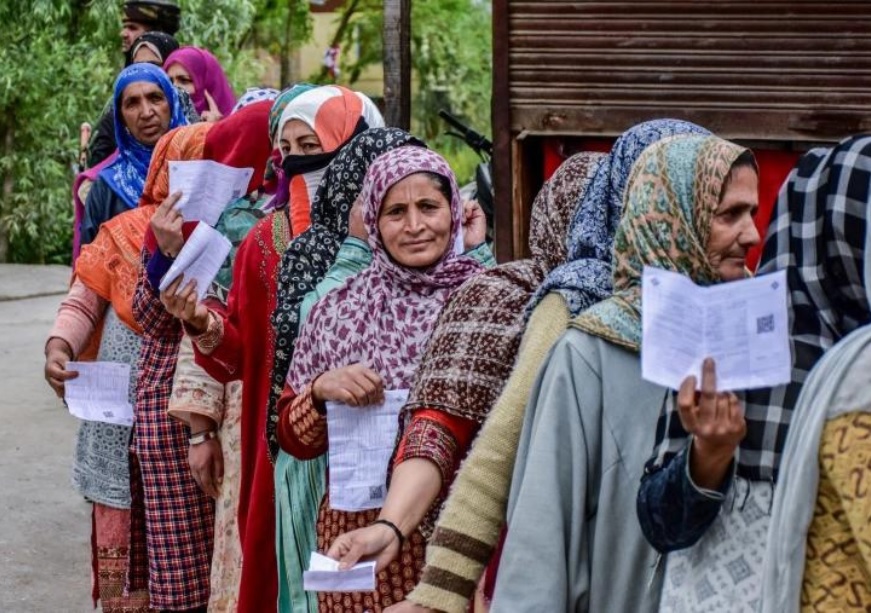
Jamaat-e-Islami’s Return to Kashmir’s Electoral Politics Raises Questions
Kashmir is set to hold its first regional elections in a decade, with a notable shift in the political landscape: the participation of candidates backed by Jamaat-e-Islami (JeI), an Islamist organization that had long boycotted elections in Indian-administered Kashmir. These elections, scheduled in three phases from September 18 to October 1, mark a significant departure for JeI, which had previously distanced itself from the electoral process, opposing India’s rule over the region.
JeI, banned under India’s anti-terror laws, was linked in the past to armed movements such as Hizbul Mujahideen, which sought the region’s separation from India. The group’s decision to support candidates in this election has sparked discussion and raised questions among voters and political analysts.
Among those contesting is Kaleemullah Lone, a candidate from the Langate constituency, who represents a shift in JeI's focus. His campaign addresses issues such as unemployment and healthcare infrastructure, with no direct mention of the Kashmir conflict, a key issue for the party in the past.
The last time JeI participated in elections was in 1987, under the Muslim United Front (MUF). Those elections were marked by allegations of rigging, which contributed to the beginning of an armed uprising against Indian rule. Since then, the party refrained from political engagement, until now.
The decision to participate has stirred internal divisions within the party. While some candidates argue that electoral participation will allow them to address the needs of Kashmiris from within the political system, others view it as a departure from the organization’s principles. Political observers like retired professor Noor Ahmad Baba suggest that the move is part of JeI’s broader attempt to rehabilitate itself within Kashmir’s social and political fabric.
Jamaat-e-Islami’s return comes at a time of heightened tensions in Kashmir, particularly after the revocation of the region’s special status in 2019. Many political leaders were detained, and political space has been limited since.
The election also includes anti-establishment figures like Abdul Rashid Sheikh, who recently won a seat in the Indian parliament while incarcerated. His success has inspired others, including candidates from Rashid’s Awami Ittehad Party, to campaign on promises of reform, including a “jail-free Kashmir” and opposition to controversial laws affecting the region.
As the election approaches, the participation of Jamaat-e-Islami in regional politics is seen as a critical moment for Kashmir’s evolving political dynamics. Whether the party achieves electoral success or merely fragments existing voter bases remains to be seen, but its involvement marks a significant chapter in the region’s complex history.







